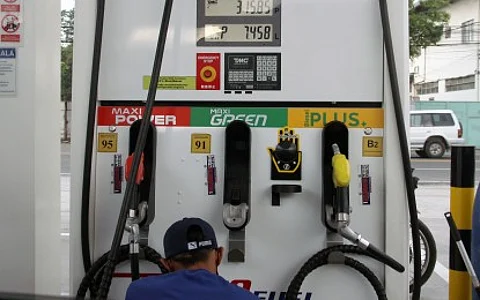
- NEWS
- the EDIT
- COMMENTARY
- BUSINESS
- LIFE
- SHOW
- ACTION
- GLOBAL GOALS
- SNAPS
- DYARYO TIRADA
- MORE

As tensions between Israel and Iran escalate, potentially driving up oil prices, President Ferdinand Marcos Jr. said the government is preparing fuel subsidies for public utility vehicle (PUV) drivers and other sectors that may be affected by sudden price hikes in oil products.
“We are starting with the assumption that oil prices will in fact go up, and I cannot see how it will not, because the Strait of Hormuz will then be blocked if [the conflict] escalates,” he said in a chance interview.
Marcos recalled that during the pandemic, the government supported the public transportation sector in ferrying passengers from their homes to their destinations.
“We will have to do the same for those who are severely affected, the stakeholders, by any instability in the price of oil. Yes, it’s a serious problem,” he said.
If the price of a barrel of oil rises to US$80, PUV drivers and farmers will automatically receive fuel subsidies from the government.
The Department of Energy (DoE) on Tuesday said it was closely monitoring oil prices from Middle East sources, particularly the potential closure of the Strait of Hormuz which could disrupt the transport of oil from the Gulf Region to Asia.
The DoE said oil companies in the Philippines are required to maintain a 30-day fuel inventory to cushion the impact of any supply disruptions. Currently, gasoline prices have gone up by P1.80 per liter, while diesel has increased by the same amount. Kerosene prices have risen by P1.50 per liter.
